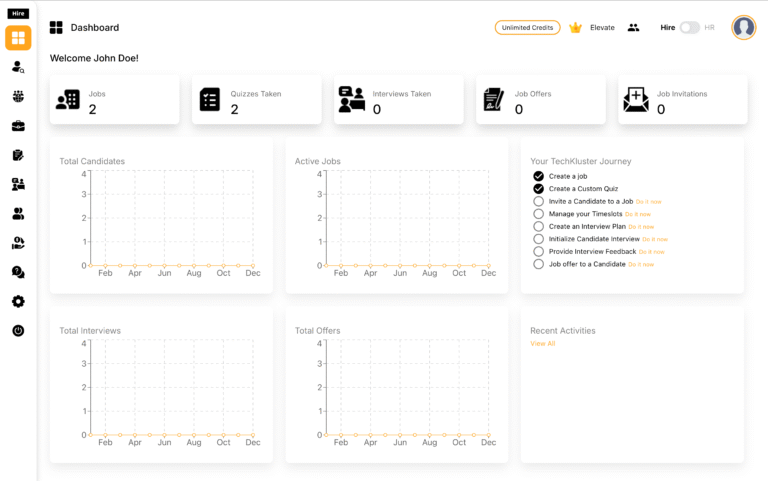Have you ever been targeted after a data breach? I know, it's scary. Last December, I received several text messages from Microsoft sharing a one-time password. But I never asked for it. My immediate reaction was that someone had my details and was trying to access my account. So, like most people, I went to …
Have you ever been targeted after a data breach? I know, it’s scary. Last December, I received several text messages from Microsoft sharing a one-time password. But I never asked for it. My immediate reaction was that someone had my details and was trying to access my account.
So, like most people, I went to change my password. It was only a small (and unsuccessful) threat in the grand scheme of things, but terrifying nonetheless.
Since then, cybersecurity concerns have been on my mind every time I go online. How do I make sure I’m browsing safely and that my information doesn’t fall into the wrong hands? This is a particularly important concern because since COVID-19, the number of cybercriminals has skyrocketed due to the growing number of people working from home.
Let’s look at the numbers:
Are cyber-attacks increasing?
Cybercrime is up 600% due to the COVID-19 pandemic (Source:Titanfile, 2021)
95% of cybersecurity breaches are due to human error (Source:Cybint 2020)
One in every 3,722 emails in the UK is a phishing attempt (Source:CSOonline, 2020)
Businesses Suffered 50% More cyber-attack attempts per week in 2021 (Source:Forbes, 2022)
The United States remains the most highly targeted country with 46% of global cyber-attacks being directed towards Americans. (Source: CompTIA, 2022)
The global cybersecurity market will be valued at $403 billion by 2027 with a compound annual growth rate (CAGR) of 12.5% (Source: Fortinet, 2021)
70% of small businesses are unprepared to deal with a cyber-attack (Source: Purplesec, 2021)
The total number of DDoS attacks will double from 7.9 million in 2018 to 15.4 million by 2023. (Source: Cisco, 2020)
70% of breaches were caused by outsiders, 45% involved hacking, 86% were financially motivated, 17% involved some form of malware, and phishing or social engineering. (Source: Forbes, 2021)
Among those that have identified breaches or attacks, around a quarter (27% of these businesses and 23% of these charities) experience them at least once a week (Source: Cyber Security Breaches Survey 2021, UK Government)
Cybercrime is claimed to have cost Africa $3.5 billion in 2017, with 96% of incidents unreported or unsolved (Source: HSBC, 2021)
Phishing attacks make up 91% of attacks or breaches reported by large firms, and they make up 83% of all reports (Source: ICAEW, 2021)
Thankfully, cybersecurity is constantly evolving to protect online users worldwide. These numbers will give you peace of mind that people are investing in cybersecurity and finding better ways to understand the threat landscape and keep everyone safe.
Cybersecurity is evolving rapidly!
Cybersecurity Market is expected to reach $366.10 billion by 2028 (Source: Globe Newswire, 2021)
On-premises segment leads the global market in 2020 with a revenue share of over 62 %
Global spending on information security and risk management technologies and services is expected to grow 12.4% to $150.4 billion in 2021
And if investments in cybersecurity grow, so will the demand for companies that bring cybersecurity expertise into the fold. Having insiders who understand threats and solutions gives companies a strong foundation to ensure security best practices.
Growing demand for cybersecurity professionals
85% of small businesses plan to increase spending on managed security services
Demand for developers software and engineers capable of designing and building secure online applications is expected to grow by 164%
Funding has increased by 940% for UK cybersecurity startups since the start of the lockdown.






